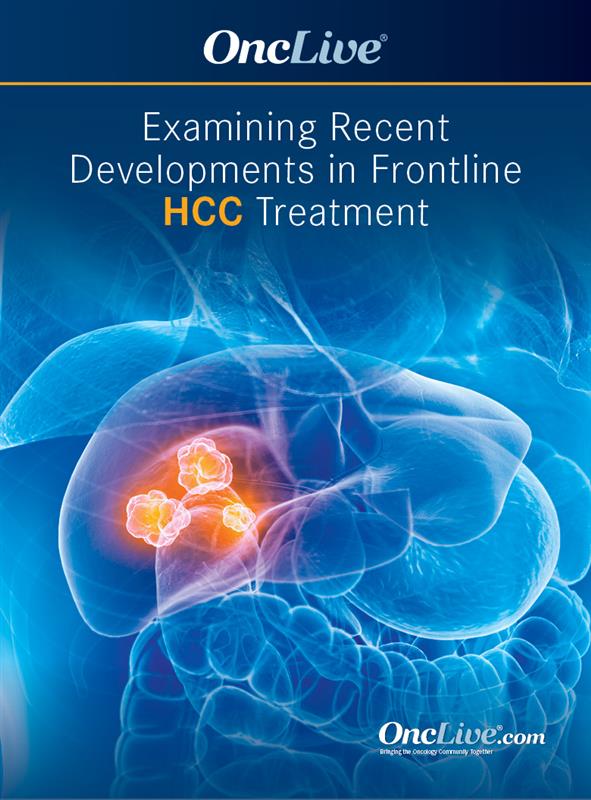Dr. Shroff on the Utility of the HIMALAYA Regimen in HCC
Rachna T. Shroff, MD, MS, discusses the utility of combining anti–CTLA-4 and anti–PD-1 therapies in hepatocellular carcinoma.
Rachna T. Shroff, MD, MS, medical director, Clinical Trials Office, chief, Section of GI Medical Oncology, director, Arizona Clinical Trials Network, associate director of clinical investigations, Clinical and Translational Oncology Program, University of Arizona, discusses the utility of combining anti–CTLA-4 and anti–PD-1 therapies in hepatocellular carcinoma (HCC).
The phase 3 HIMALAYA trial (NCT03298451) assessed the safety and efficacy of durvalumab (Imfinzi) with or without tremelimumab (Imjudo) vs sorafenib (Nexavar) alone in previously untreated patients with unresectable HCC. On October 24, 2022, the FDA approved durvalumab in combination with tremelimumab for the treatment of adult patients with unresectable HCC, based on data from HIMALAYA.
The investigative arm of HIMALAYA evaluated the STRIDE regimen, which is comprised of a single dose of tremelimumab, an anti–CTLA-4 agent, plus doses of durvalumab administered every 4 weeks, Shroff says. Using a single dose of an anti–CTLA-4 therapy in combination with a checkpoint inhibitor reduces the risk of immune-related adverse effects that are typically associated with combining those types of agents, Shroff explains. Data from HIMALAYA have shown that this regimen provided an overall survival benefit over sorafenib alone, Shroff adds. The efficacy benefits of the combination and its manageable safety profile make it a promising frontline option for patients with HCC, Shroff says.
Although the emergence of the STRIDE regimen and other options have shifted the HCC treatment landscape, advancements are still needed to further improve patient outcomes, according to Shroff. Further understanding of which patients benefit most from immunotherapy will allow for more individualized care in HCC, Shroff concludes.




